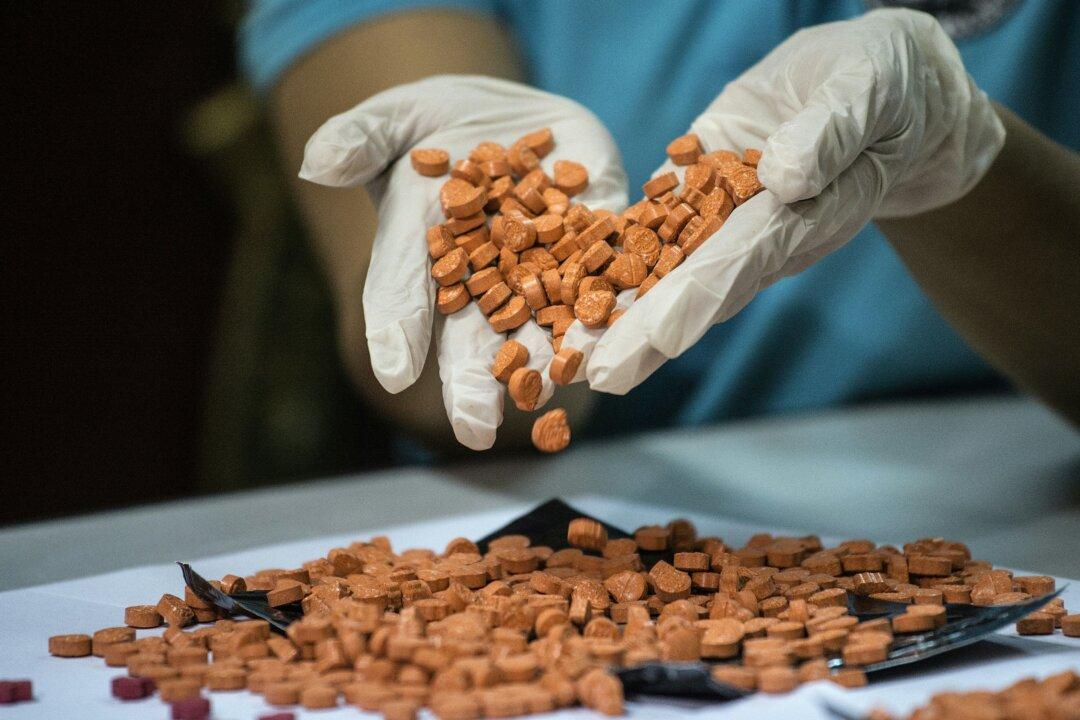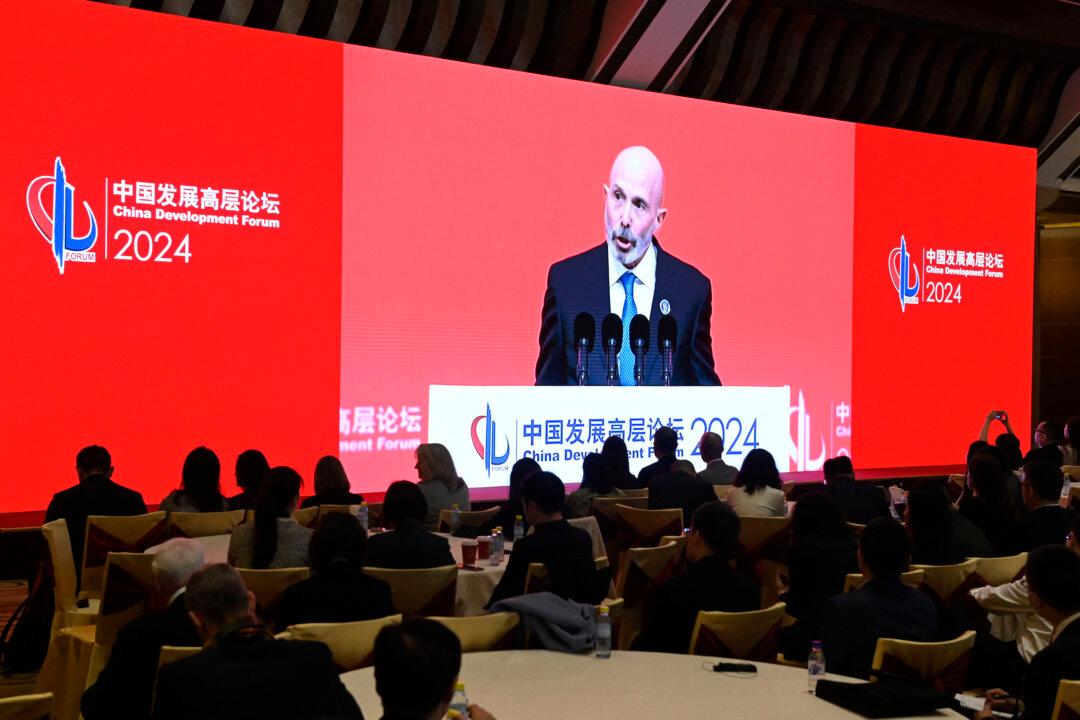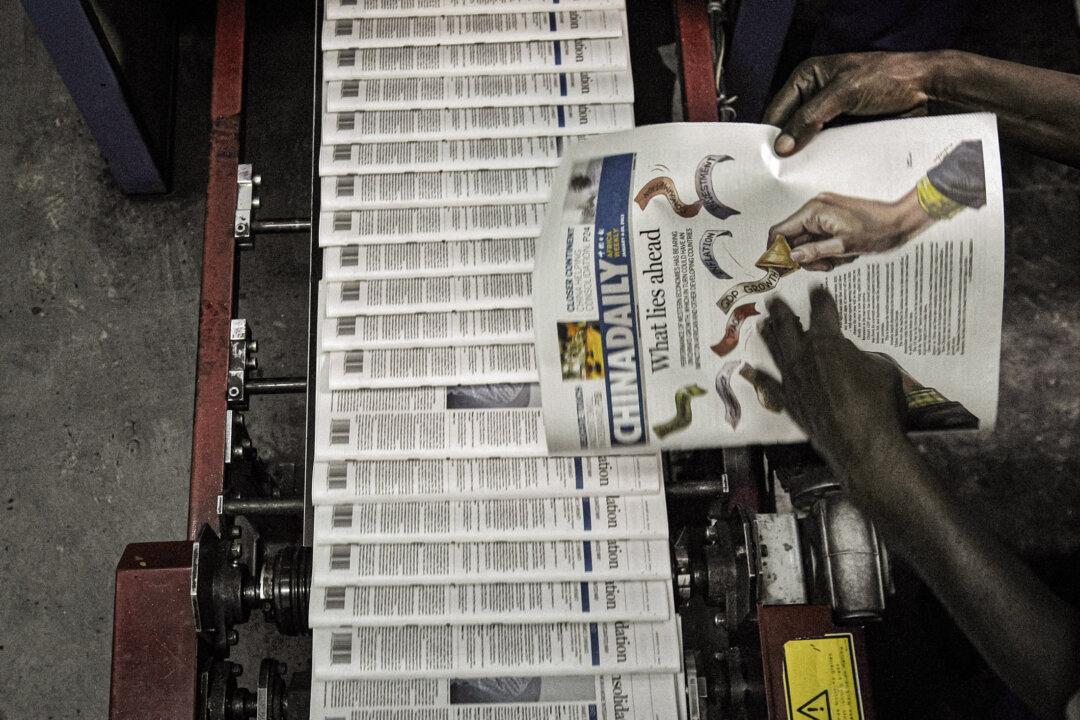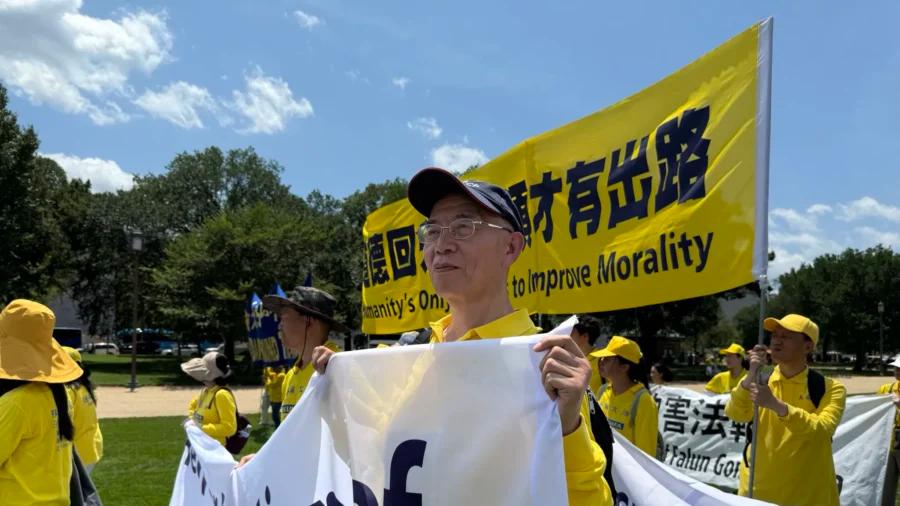Italian authorities have seized more than six tons of raw chemical materials shipped from China, which police believe could have been used to manufacture enough illicit narcotics to “flood” the European market.
Italian authorities announced on July 1 the seizure of 6.9 tons of chemicals from China, allegedly intended for the production of MDMA, a synthetic substance commonly known as ecstasy or molly, with an estimated value of more than 630 million euros ($678 million).





